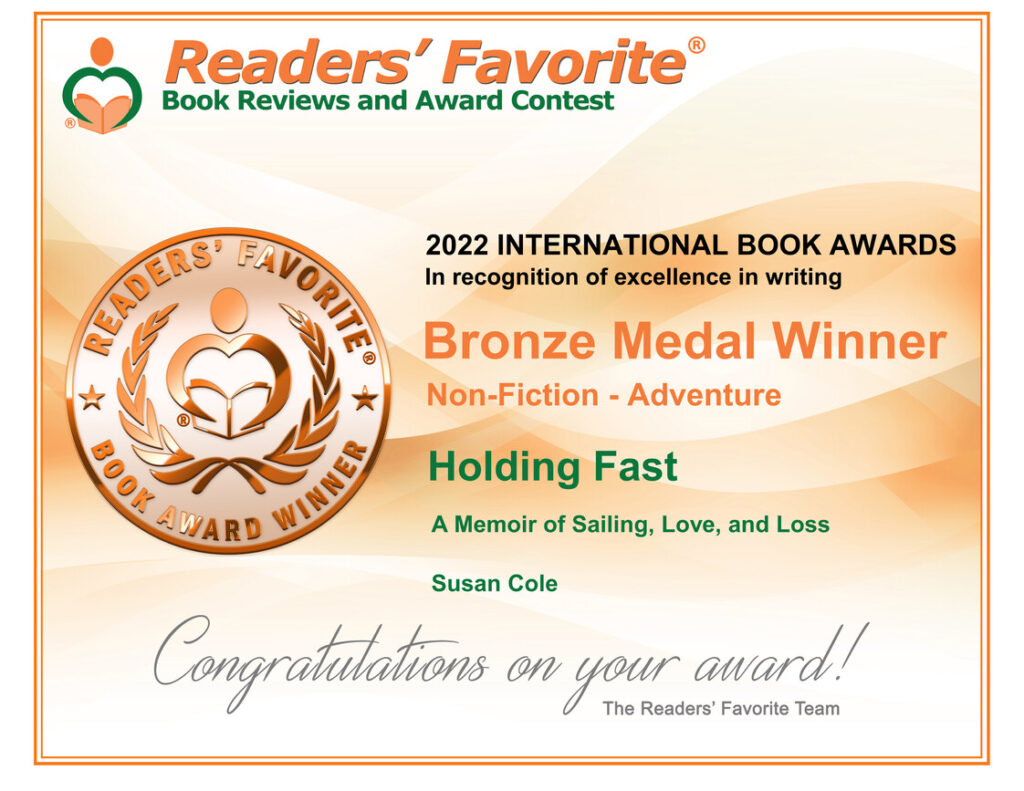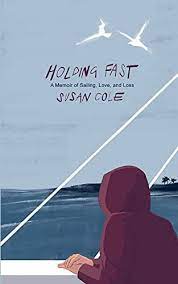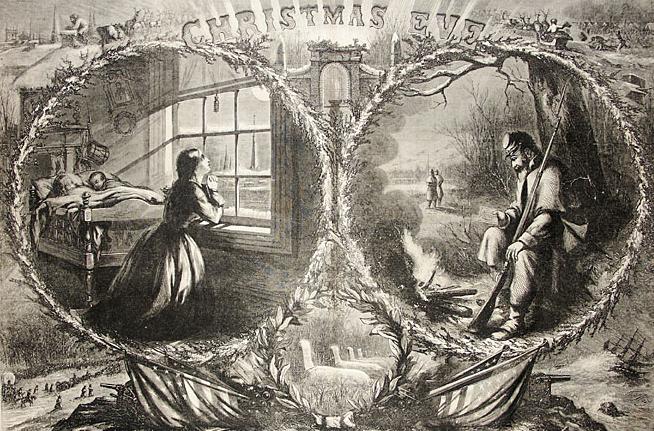A few years ago, the North Louisiana Arts Council hired me to write a play for Madison Parish. The play was written but was not produced due to state funds changing with elections and some deaths of parish administrators. I was going to call the play Tallulah, in honor of a Tallulah, a young lady in the 1800’s who was the love of the life of the engineer who built the railroad from Vicksburg to Monroe. I’m preparing to present a program on the Louisiana Jayhawkers on Tuesday, January 10th for the Thomas McGuire Camp of the SCV. My preparation reminded me of my Madison Parish play and a scene about the Jayhawkers in that region that terrorized Southerners and even the Yankees. Here is Scene 10 from that play. I hope you enjoy it. If you do, drop me an email at rickey p at bayou. com or FB message.
Scene #10: The Jayhawkers
Characters:
Big John, a big and strong black man, fleur-de-lis brand on chest.
Justin, a young Confederate soldier
Benoir, a French trapper-squatter
Mary Jane Jackson – Nickname, “Bricktop” red hair
Fred: an experienced Jayhawker.
(Fred and Justin are on stage, cleaning guns or sharpening knives, etc. Other characters appear as scene progresses)
FRED: You’re kinda young, ain’t ya?
JUSTIN: I’m 17, as much a man as most of the others that been fighting. Yeah, joined the glorious cause, then had to leave cause I shot our Lieutenant in the back at the battle of Milliken’s Bend. Drug him off in the bushes, then skedaddled. I’ll probably be reported missing. We was doing real good till the Yankee gunboats started blowing us to smithereens. Glad I could hook up with you Jayhawkers. I thought for a minute you was gonna shoot me.
FRED: No one comes out here round Willow Bayou alone lessin he’s running. We can always use another good man. Least you had enough sense to not throw away your gun like some of the others did when they deserted. We got about 130 with us now. Gettin plum crowded. Some of the boys are gettin tired of livin in these canebrakes.
JUSTIN: Beats getting shot at by the Yankees and being marched till our feet bleed fighting this rich planter’s war. Nothing to eat but ground up corn cobs and molasses. You the leader, here?
FRED: Naw. You see that black man there? That’s Big John, a runaway slave. He’s the leader. Strongest man I ever seen. Good and quick with a knife too. Cut you in a minute. He don’t put up with no nonsense, so don’t give him a hard time.
Benoir there is a Cajun from a family of bear hunters and trappers. Keeps us in meat real good. Kinda on the lazy side bout other things though.
JUSTIN: Who’s that red-headed woman?
FRED: That’s Bricktop. Her real name’s Mary Jane Jackson. Made a real good living down in Storyville till she started killing customers that got her dander up. New Orleans had her in jail, then when the Yankees took over, they pardoned all the felons, so she disappeared and somehow made it up here with us. Hey Bricktop, come over here. Got someone I want you to meet.
BRICKTOP: Hey, darlin.
FRED: Bricktop, this here’s Justin. Just joined up with us.
BRICKTOP: Looks like this one’s fresh off the tree. (flirting) Glad to meet you Just-in.
FRED: Now, Bricktop, you leave him alone for a while. Let him adjust to things. Justin, at our next ambush, Big John will probably put you near Bricktop to watch out for her. You know, let you see how we do things. If it’s a small group, we stand Bricktop in the road for a decoy, you know, she poses as a maiden in distress.
JUSTIN: You rob everyone that comes down the road?
BRICKTOP: Yep, pretty near everyone.
JUSTIN: What if I know em?
FRED: Kill em. Simplifies things considerably. No way they can turn you in. Even if you liked em, you’ll get over it.
BRICKTOP: Killing a man ain’t nothin, boy. You gotta kill them because they sure nuff will kill you. Authorities don’t cotton much to deserters.
BIG JOHN: Alright, listen up. Our ammunition’s running low. These Madison Parish people don’t have nothin left. Not hardly worth the trouble of robbin them anymore. They either gave it to the glorious cause or the Yanks have takin it. We might have to start robbin a few blue coats.
BENOIR: Whatchou wanta go rob Yankees for? We got rebel armies already lookin for us. Might not be smart to get the Yankees riled up too. Like rattlin a wasp nest. What if we were to join up with the Yanks and hit the plantations? Could spend some money on those camp followers, have us a good time, no?
BIG JOHN: I’m tellin you, you stupid Frenchman, there’s 75 plantations round here, and not a one of them would be worth robbin now. As for the Yanks . . . On the plantation I worked fields, picked and chopped cotton. Ran away once and was caught. (Rips open shirt) You see that? It’s the fleur-de-lis. The Code Noir says you brand a runaway slave with it, so that any future buyers will know what kind of man they’re buying. I heard the master wanted to send us to work salt works in Winnfield, so then I ran away to the Yanks. They laughed at me when I said I wanted to fight. They put me to work digging ditches and pulling stumps. Fed me worse than the white masters did. Made me sleep in the open. Big strong men catching measles, malaria, smallpox, dropping like flies all around me. I saw them shoot some black men who tried to leave. I picked a rainy night, broke the sentry’s neck, and came here. Naw, I ain’t got no love for the Yanks either. One master weren’t much different from the other.
BENOIR: I guess Yankee money spends just as good.
FRED: We could hit Richmond.
JUSTIN: No, we can’t.
FRED: Why not?
JUSTIN: Ain’t no Richmond no more. Yanks burned it. Every building and house in it. Nothing’s left.
FRED: Those Yanks are real firebugs. Must have some kind of mental illness. When they burned down Delta, I saw one running through town shouting, (Beavis voice)Fire, Fire! I am Cornjulio!
JUSTIN: Probably gone crazy from digging all those canal ditches.
BIG JOHN: The Yanks still near this burned-down town, boy?
JUSTIN: Yeah. Camped on the northeast side the bayou there.
BIG JOHN: Get your things ready. We’ll pull out in the morning, give the Yankees a wake-up call.
(Band disperses, doing various things. Benoir walks by Justin)
BENOIR: What chou lookin at, boy?
JUSTIN: (spits) I ain’t lookin at nothin.
BENOIR: You sayin I’m nothin?
JUSTIN: I ain’t looking for no trouble.
BENOIR: Maybe I be lookin for trouble. Maybe I tink you lookin for trouble. Maybe I tink you don’t need to be here. You look soft to me.
FRED: Leave him alone, Benoir. He’ll earn his keep.
BENOIR: No one asked you, white trash. (pulls knife) You or the boy, it don’t matter to me.
BIG JOHN: (comes up behind Benoir and twists his arm and puts other around neck) You know, I could snap your neck just like it was a chicken’s. This high-strung temper of yours is really getting on my nerves, Frenchie. I think you oughta leave the boy alone. What do you think?
BRICKTOP: I think he’s peed in his pants. (She comes up and rubs Benoir’s face)There, there, you gonna be a good boy for Big John? Let me have him for a while, Big John.
BENOIR: I’ll leave the boy alone. You can let me go now, Big John.
BIG JOHN: Se la guerre. C’est von. Alright, get some rest. We got to hunt us some Yankees tomorrow. They got real money, too, not that Confederate paper money the planters use in their outhouses. What are we men?
ALL: We’re Jayhawkers!
BIG JOHN: I can’t hear you, boys!
ALL: Jayhawkers!
BIG JOHN: We’re men that no one wants, that don’t belong nowhere. No future, no past. Nothing but the present. Now, hit your bedrolls.
(Lights slowly begin to fade as they spread out their bedrolls.)
JUSTIN: Why, I think Bricktop scared ole Benoir as much as Big John did.
FRED: Probably more. She had one husband, named John Miller. He was a convicted killer himself. Only had one good arm, the other was a stump with a ball and chain attached. He tried to bullwhip her once, and she ripped the ball and chain off his arm and beat his brains out with it.
JUSTIN: How’s it gonna end? I mean, we can’t live out in these durn canebrakes forever.
FRED: I reckon it depends on how the war goes, how long it goes, how our luck holds out. There’s people like us all over the state of Louisiana–misfits, outlaws, out-of-work plantation overseers, squatters, poor farmers. You think too much, boy. Can’t afford to think out here. Get some sleep.
(Now lights are out. Justin lies down but is awakened quiet by a woman’s hand, )
BRICKTOP: Oooh, Justin. Naughty boy.
JUSTIN: Bricktop, is that you?
END OF SCENE 10




